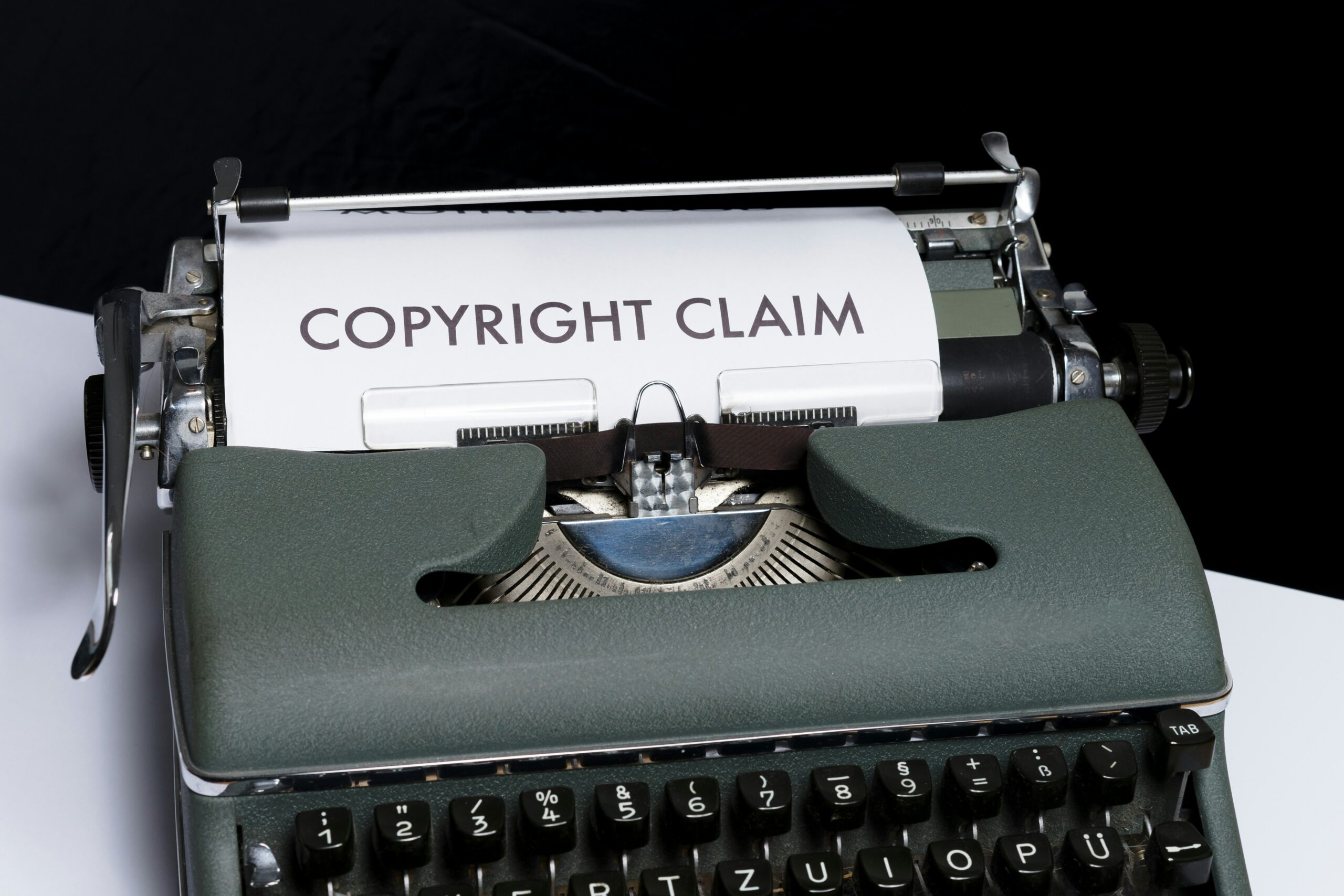What is Copyright?
Copyright is a legal framework that grants creators exclusive rights to their original works. This term refers primarily to the protection afforded to a range of creative expressions, including literature, music, visual arts, and even software. The essence of copyright lies in its ability to recognize and safeguard the intellectual contributions of individuals and entities in various domains of creativity. Without copyright, creators would lack the necessary assurances to control how their works are used, distributed, and reproduced.
Copyright law covers a wide array of works. For example, written works such as books, articles, and poetry are eligible for copyright protection. Similarly, musical compositions, recordings, and performances also fall under the auspices of copyright. Additionally, visual arts, including paintings, photographs, and sculptures, qualify for copyright as well. Furthermore, contemporary digital creations, such as websites and software code, are increasingly recognized under copyright law, underscoring the relevance of these protections in the digital age.
The duration of copyright protection can vary depending on the type of work and applicable laws in different jurisdictions. Generally, copyright lasts for the lifetime of the creator plus a specific number of years, often ranging from 50 to 70 years. This duration aims to strike a balance between rewarding creators for their efforts while eventually allowing public access to their works. Consequently, copyright plays a pivotal role in fostering creativity by offering a framework that not only protects intellectual property but also encourages ongoing innovation and diversification in various fields.
As the landscape of creativity continues to evolve with digital advancements, the significance of copyright remains paramount in ensuring that creators can maintain control over their original works and reap the benefits of their artistic contributions.
The Importance of Copyright for Creators
Copyright plays a crucial role in protecting the rights of creators across various fields, including art, literature, and music. By granting exclusive rights to the original creator, copyright ensures that authors, artists, and musicians can control how their works are used and distributed. This legal framework empowers creators to protect their intellectual property, allowing them to make decisions regarding licensing, reproduction, and public performance of their works.
One of the primary benefits of copyright is that it provides a financial incentive for creativity. When creators know that they have exclusive rights to their works, they are more likely to invest time and resources into producing original content. Copyright not only protects individual expression but also encourages the flourishing of diverse artistic and cultural landscapes. By allowing artists to monetize their creations, copyright fosters an environment where creativity can thrive and develop further.
However, despite these protections, copyright violations remain a prevalent issue in the digital age. Common infractions include unauthorized reproductions, downloads, and the distribution of creative works without the necessary permissions. Such violations can have dire consequences for creators. The loss of income due to illegal copying and distribution undermines the financial viability of creative professions, severely impacting not only individual artists but also entire industries. Furthermore, copyright infringement can lead to diminished recognition and respect for original works, as the public may fail to appreciate the effort and skill that goes into creating art, literature, or music. This further emphasizes the need for stringent copyright enforcement to safeguard the creative environment.
In summary, the importance of copyright for creators cannot be overstated. By protecting their rights and ensuring they benefit from their creations, copyright helps to sustain a vibrant economy built on creativity and innovation.
Navigating Copyright in the Digital Era
In the digital age, copyright presents a range of challenges and complexities that are often not encountered in traditional media. With the rapid advancement of technology, the concepts of digital ownership and the enforcement of copyright law have evolved. The internet has enabled unprecedented access to content, leading to blurred lines between creators and consumers, causing confusion around ownership rights. As a result, understanding how copyright operates in this environment is essential for anyone engaged in creative pursuits.
The emergence of user-generated content platforms, such as social media and blogs, has revolutionized how creative works are shared and disseminated. While these platforms empower users to create and share content, they also raise significant concerns regarding copyright infringement. Users may inadvertently use copyrighted material without permission, leading to potential legal repercussions. Such complexities necessitate an awareness of both copyright laws and the importance of proper attribution when sharing content.
A crucial component of copyright in the digital era is the concept of fair use, which allows for certain uses of copyrighted material without permission under specific circumstances. Fair use is often determined by factors including the purpose of use, the nature of the copyrighted work, the amount used, and the effect on the market value of the original work. Understanding these guidelines is fundamental for content creators who wish to navigate copyright law effectively.
To respect copyright, it is vital for individuals to attribute creators properly and obtain necessary licenses when using others’ work. By fostering a culture of respect for intellectual property, we can ensure that creativity continues to thrive in the digital landscape without undermining the rights of original creators. As the digital world evolves, so must our approaches to copyright, keeping in mind the balance between creative expression and legal protection.
How to Protect Your Copyrighted Work
In the digital age, protecting your copyrighted work is crucial for ensuring that your creativity is safeguarded. One of the first steps in this process is officially registering your copyright. While copyright protection exists automatically upon creation, formal registration with the U.S. Copyright Office or appropriate authority not only strengthens your claim but also makes it easier to pursue legal action in case of infringement. Registration grants you the right to sue for statutory damages and attorney fees, which can significantly enhance your ability to protect your intellectual property.
Another vital aspect of safeguarding your work involves documenting the creation dates of your materials. Keeping detailed records, such as drafts, timestamps, and other relevant data, can serve as vital evidence in establishing ownership. For digital works, consider using metadata, which can provide information about when a file was created or modified. This documentation can act as a protective measure against potential infringement claims by others who may attempt to assert ownership over your creations.
In addition to formal registration and documentation, leveraging licenses can be a powerful tool for sharing and distributing your work while maintaining control over its use. Various licensing options, such as Creative Commons licenses, allow you to specify the terms under which others can use your work, whether it be for non-commercial purposes, with attribution, or for derivative creations. This clarity not only fosters collaboration but also helps ensure that your rights remain respected.
In the event of copyright infringement, several enforcement options are available. Begin by reaching out to the infringing party directly to resolve the issue amicably. If this approach fails, legal action, such as sending a cease and desist letter or filing a lawsuit, may be necessary. Understanding these steps and proactive measures will greatly assist in protecting your copyrighted work from unauthorized use.








